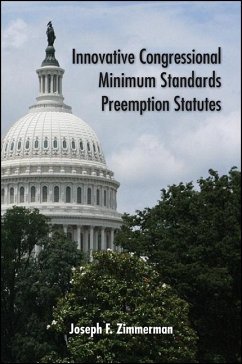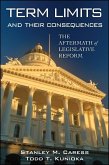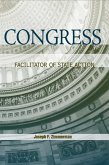Congress possesses broad regulatory powers, including the power of complete or partial preemption of state and local regulatory powers. Congress rarely enacted preemption statutes before the twentieth century, but since the 1960s such interventions have grown significantly in number, now totaling over seven hundred, and have transformed the nature of the American federal system. In Innovative Congressional Minimum Standards Preemption Statutes, Joseph F. Zimmerman provides the background and history of this critical transformation, classifying the forms these federal interventions have taken, with a focus on statutes dealing with such environmental issues as water and air quality, restoration of surface-mined areas, and still other areas that, collectively, have produced a revolution in relations between Congress and the states. Contrary to public perceptions of preemption being one-sided and heavy-handed, Zimmerman details the many variations present in these statutes that accommodate state and local interests, allowing for administrative and policy flexibility, and a generally cooperative relationship between states and localities and federal administrative agencies.
Dieser Download kann aus rechtlichen Gründen nur mit Rechnungsadresse in A, D ausgeliefert werden.









